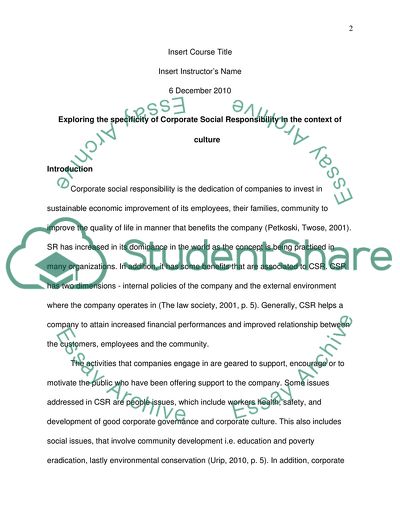Cite this document
(A Role in Improving the Quality of Life of People in the Society Research Paper, n.d.)
A Role in Improving the Quality of Life of People in the Society Research Paper. Retrieved from https://studentshare.org/culture/1746497-exploring-the-specificity-of-corporate-social-responsibility-in-the-context-of-culture
A Role in Improving the Quality of Life of People in the Society Research Paper. Retrieved from https://studentshare.org/culture/1746497-exploring-the-specificity-of-corporate-social-responsibility-in-the-context-of-culture
(A Role in Improving the Quality of Life of People in the Society Research Paper)
A Role in Improving the Quality of Life of People in the Society Research Paper. https://studentshare.org/culture/1746497-exploring-the-specificity-of-corporate-social-responsibility-in-the-context-of-culture.
A Role in Improving the Quality of Life of People in the Society Research Paper. https://studentshare.org/culture/1746497-exploring-the-specificity-of-corporate-social-responsibility-in-the-context-of-culture.
“A Role in Improving the Quality of Life of People in the Society Research Paper”, n.d. https://studentshare.org/culture/1746497-exploring-the-specificity-of-corporate-social-responsibility-in-the-context-of-culture.


